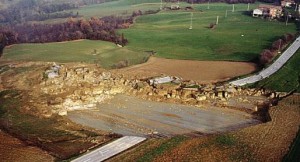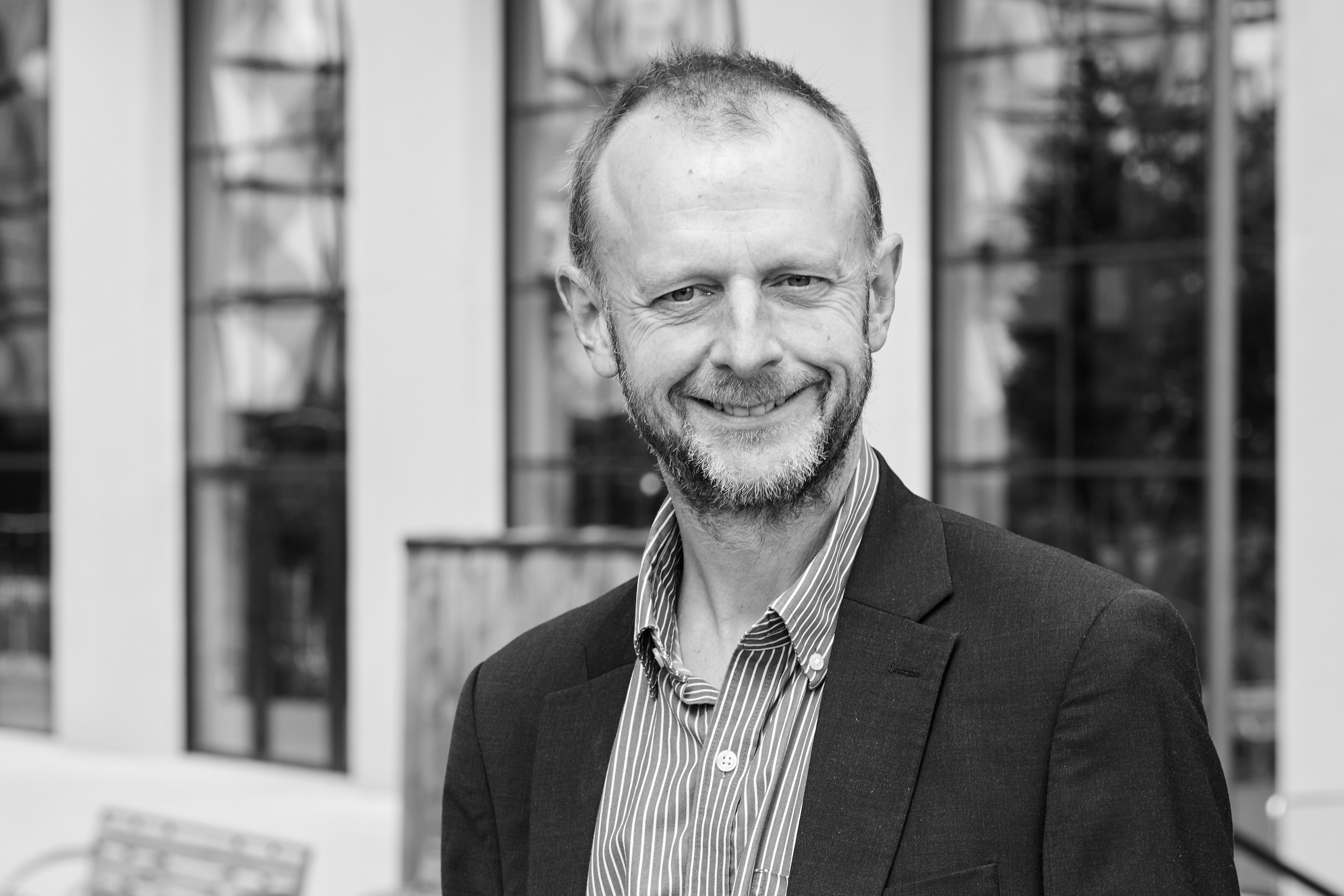27 January 2011
The 2nd World Landslide Forum: putting science into practice
Posted by Dave Petley
The 2nd World Landslide Forum, which will be held in Rome in early October this year, is organised by the Global Promotion Committee of the International Programme on Landslides (IPL). The aim of the meeting, which is held every three years, is to bring together the research, practice and policy communities in order to reduce landslide impacts worldwide. The theme for the meeting in 2011 is “Putting science into practice”.
The website for this important event is now up and running (but turn off your sound card first!) at http://www.wlf2.org/. The 2nd Circular can also be downloaded here. The abstract deadline is 15th March and the early registration deadline is 15th August. The meeting runs over the week of 3rd – 9th October 2011.
I am particularly keen to promote the following session:
L10: Landslides and Socio-economic Impact: Basic Data and Loss Modeling
Conveners : Lynn Highland, Dalia Kirschbaum and Dave Petley
Landslides can create permanently unstable sites that cannot be repaired or developed, and as a result, can cause severe economic and social consequences for families and communities. Human activities disturb large volumes of earth materials during the construction of buildings, roads and other infrastructure, and thus have been a major factor in increases in damage due to slope failures. Population migration pressure, which includes movement into hazardous areas, may also increase the vulnerability to social and economic consequences.
This session presents aspects of these impacts and will include:
* Case histories of landslide-related socioeconomic impacts, both direct and indirect, on populations.
* The effects of landslide mitigation measures, such as land use regulation, enforcement, construction incentives, and the evacuation and relocation of affected populations.
* A forum for the presentation of strategies for forecasting and measuring economic losses to the built and natural environments such as, inventory acquisition, disaster modelling, cost/benefit analyses and disaster scenarios.
* The multi-hazard, cumulative socio-economic affects of associated hazards that may accompany landslides such as flood, earthquakes, glacial retreat, volcano edifice collapses and eruptions, and the potential multiplier effect of climate change on such.
* Examples of the development of increased resilience to landslides through social and economic measures.
* Proposals for and examples of the implementation of education, monitoring, mapping, land use and/or hazard alerts on landslide hazard reduction, and/or attitudes and perception by populations. Can they be measured for their success in reducing landslide losses, and if not, have other strategies been tried?
We would particularly welcome papers that discuss social and economic landslide impacts, whether on an individual (i.e. a single landslide) basis or on an area, region, country, continental or even global scale. We would also like to see papers that discuss techniques for calculating these impacts for either past events or those that are forecast / anticipated. Furthermore, we would like to see some papers that examine the ways that this information can be communicated to end-users, including policy makers, disaster planners, companies, NGOs and the public; and we would like to see examples of how these data are being, or will be used.
There is the potential for a really exciting, really vibrant session that could be a landmark in our management of landslides, so please do join in. Abstracts will need to be submitted through the website, but please feel free to contact either myself or my two co-conveners with ideas or questions. We hope that the session will run over a whole day of the meeting.



 Dave Petley is the Vice-Chancellor of the University of Hull in the United Kingdom. His blog provides commentary and analysis of landslide events occurring worldwide, including the landslides themselves, latest research, and conferences and meetings.
Dave Petley is the Vice-Chancellor of the University of Hull in the United Kingdom. His blog provides commentary and analysis of landslide events occurring worldwide, including the landslides themselves, latest research, and conferences and meetings.
[…] This post was mentioned on Twitter by In Engineering, Daves Landslide Blog. Daves Landslide Blog said: The 2nd World Landslide Forum: putting science into practice: This post highlights the forthcoming World Landsli… http://bit.ly/hDCRAi […]
Hello Dave!
I just wanted to let you know that the deadlines for the WLF conference have been extended! This is reflected in the website link but not yet in the Second Circular as per your link above!
Cheers,
Filippo